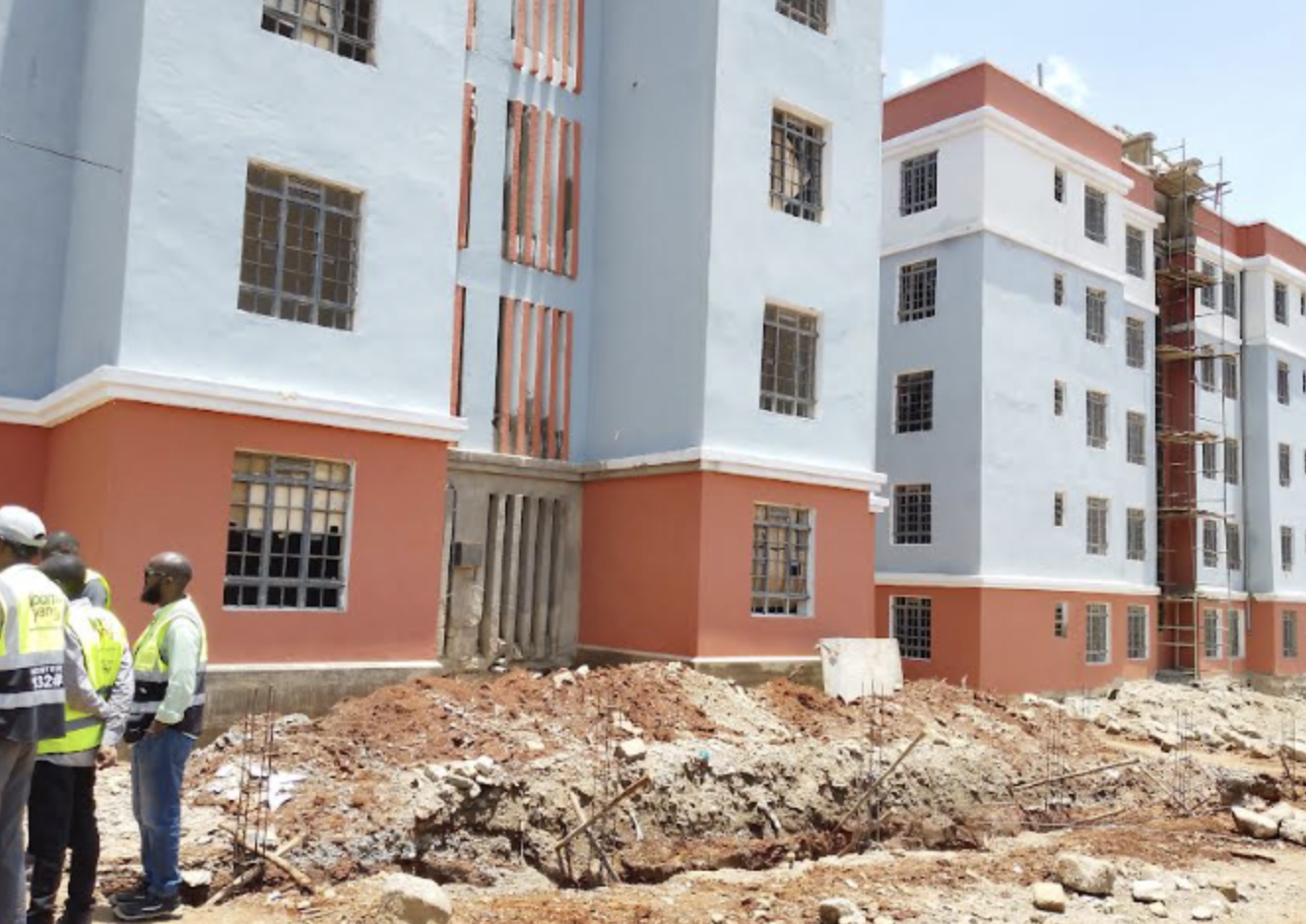 An Affordable Housing Programme project in Vihiga County/FILE
An Affordable Housing Programme project in Vihiga County/FILEThe Cabinet has approved the Affordable Housing Regulations, 2024, a landmark policy framework aimed at making homeownership more accessible and equitable for Kenyans.
The move is part of the government’s commitment to delivering the Bottom-Up Economic Transformation Agenda (BETA).
In a dispatch to newsrooms, the Cabinet said the regulations will operationalise the Affordable Housing Programme, a key pillar of President William Ruto’s development blueprint.
The new framework provides legal clarity and structure for the implementation of affordable housing projects nationwide.
A central highlight of the regulations is the reduction of the housing deposit requirement from 10 per cent to 5 per cent, significantly lowering the barrier to entry for aspiring homeowners.
“The regulations also provide for equitable housing allocation across different income groups and access to low-interest or low-monthly-payment home loans,” the dispatch read. “They further include structured deposit assistance for individuals who are unable to make upfront payments.”
In addition to access and affordability, the regulations also govern the development, design, and maintenance of affordable and institutional housing across all 47 counties.
They support long-term financing mechanisms for both developers and homebuyers and ensure the provision of essential services and maintenance in completed housing schemes.
In the same session, the Cabinet approved the Public Procurement and Asset Disposal (Amendment) Bill, 2025, which proposes sweeping reforms to modernise and enhance transparency in government procurement processes.
The proposed amendments update the 2015 Procurement Act and align it with international best practices, incorporating lessons learned over nearly a decade of implementation.
A major provision in the new Bill is the formal designation of electronic procurement (e-procurement) as the default system for all public procurement activities. “This shift is aimed at increasing transparency, reducing inefficiencies, and combating corruption,” the dispatch stated.
The Bill also introduces bold reforms to empower local contractors and stimulate domestic production.
These include clear targets and thresholds for local supplier participation in public tenders, and provisions to ease access for small and medium-sized enterprises (SMEs).
Furthermore, the amendments propose stronger support for disadvantaged groups, including women, youth, and persons with disabilities, ensuring their greater inclusion in public procurement opportunities.



















